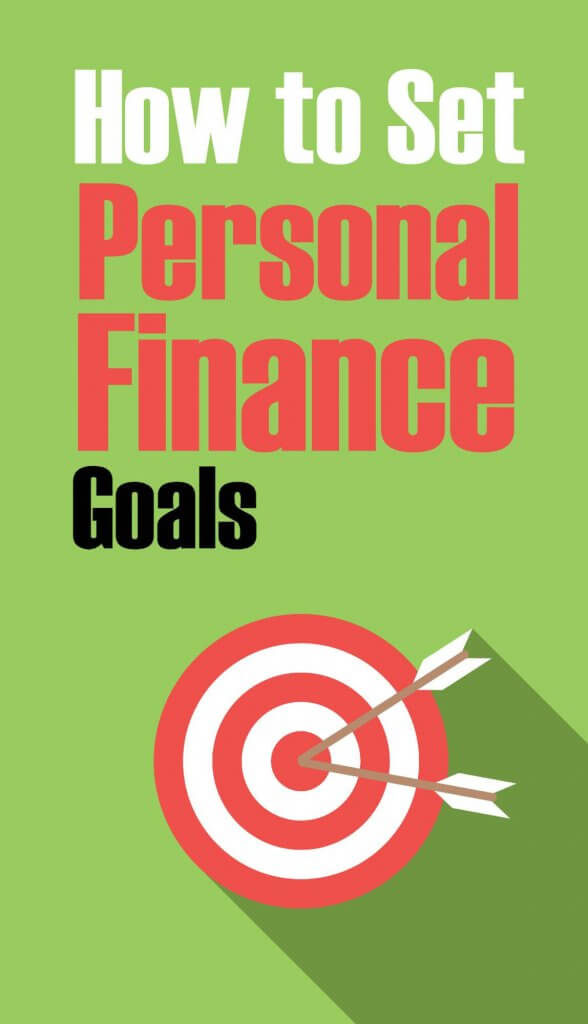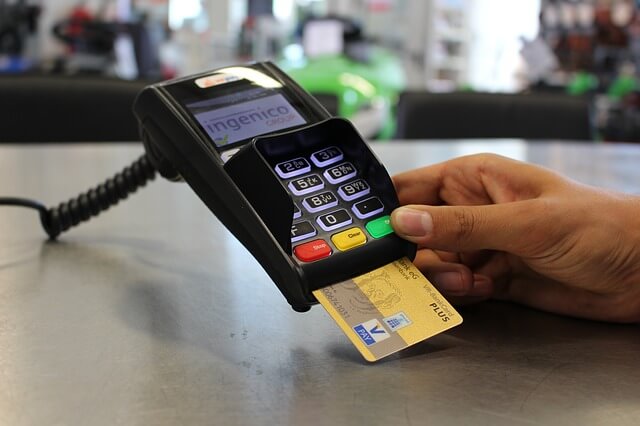Contents

You work hard, all week long, slaving away in your job. You pay your bills and keep your head above water.
But are you really getting ahead?
Are you really that much closer to financial freedom than this time last year?
One critical element for gaining control over your finances is setting goals – specific things you can work towards that will make your life bigger, better, more comfortable and more enjoyable.
But how do you really set these goals? And how do you achieve them?
The Importance of Setting Financial Goals
I’m sure you’ve been there – I know I have.
You land a bonus, or a payraise, or a tax rebate and have all these plans for what you’re going to do with your newfound wealth.
Then one day you check your bank balance and you’re left wondering…
“Where did it all go”?
The reality, as many personal finance experts have attested over the years, is that if you want to build wealth and gain financial freedom then you need to control your money. You need to track your spending, set specific financial goals and work towards them. Without this level of control money has a nasty habit of just dripping away.
Rule #1 of personal finance is therefore to look after your money.
Personal finance goals help us do just that.
They motivate you to take control, set targets and work slowly and methodically towards them.
The Benefits of Personal Finance Goals
There are a number of specific benefits of taking the time and effort to set personal finance goals.
Firstly they can help you to understand your own financial situation better and to carefully consider what you really want to achieve with your money. After all, as they say, if you don’t know where you’re going, no map will help you get there.
Secondly setting personal finance goals helps you to consciously move towards financial stability. There is very little “luck” and very little “lets see what happens”. Instead you’re virtually forcing your money to do what you want it to.
Finally personal finance goals can add an extra level of interest to everyday life. If you hate your job, for example, having financial goals that you’re working towards can make your job more bearable. Why? Because you have purpose. Your job becomes a means to an end. It’s a tool that you’re using for your own benefit.
It can also be fun to track your improvements – which in itself can keep you motivated. Something that was once just a dream (such as buying your own home or getting out of debt) suddenly starts to look quite realistic. You watch as you get ever closer to your goal and every time you get paid the goal becomes ever close to realization.
If I’ve convinced you of the importance of personal finance goals the next question is how exactly you should set them?
How To Set Personal Finance Goals
Of course agreeing that you need to set personal finance goals isn’t enough; you actually need to grab your pen and paper (or personal finance software), start strategizing and put a plan in action so you can achieve your goals. But how?
What Are Your Financial Priorities?
When setting personal finance goals the first step is deciding what is most important to you. What really inspires you? What personal finance ideas fill you with enthusiasm and energy? What are you so fired-up about that will make you jump out of bed in the morning to achieve it?
Some examples might include:
- I want to pay off my debt, freeing up extra income so I can afford to work less
- I want to save up enough money to put a deposit down on my own home
- I want to build up an emergency fund to insulate me from financial emergencies
- I want to reduce my expenses enough that I can take a more enjoyable, yet lower-paying, job
- I want to save up enough money to retire by 40
Your priorities are just that – your own. There are no wrong answers so take the time to consider the options. Discuss it with your partner. What goals are really going to make the biggest difference to your current quality of life?
Some useful resources:
A Goal-Setting Structure
Once you’ve chosen one or more personal finance goals you now need to turn them into a plan that you can follow without any deviations. One of the best ways to do this is through a SMART analysis.
This means that your personal finance goals should be:
Specific – Don’t just decide you want to save for a house deposit. Decide exactly how much you want to save. Come up with an actual specific figure. If you want to pay off your debt, how much do you actually have to repay? Make your goals as specific as you possibly can.
Measurable – Ask yourself how you’re going to track your progress. Will you, for example, set up a spreadsheet on your computer and sit down each time you get paid to update it? Or will you use a personal finance tracking tool to make measuring your progress even easier?
Achievable – Based on your current situation, will your personal finance goal be achievable?
Realistic – We’d all like to retire as multi-millionaires but the reality is that only very few of us will do that. If you’re working for minimum wage right now but dream of buying your own Caribbean island you might find yourself getting disappointed pretty quickly. So try to make sure your goals are achievable – even if they take you a few years.
If in doubt you can always break down a big goal into smaller chunks and focus on just the first one. For example if you want to open your own business, grow it to be worth seven figures then sell out perhaps your first goal should be just saving enough for that initial launch?
Timely – They say that a goal is a dream with an end-date. Therefore it is critical to not only decide on one or more specific financial goals but to also set yourself smaller incremental goals. This way you will be able to track and measure progress over time.
Break Down Your Goals Into Achievable Chunks
Combining what really motivates you with some SMART thinking you should by now have decided on one or more very specific personal finance goals. The next step is to take these big goals and turn them into tiny, simple little baby steps.
Let’s say, for example, that you have $20,000 worth of debt to pay off. Simply making that your goal isn’t enough; you need to ask yourself what the steps are that will help you get there.
For example, could you pay off $200 a month of this debt? Or how about $500 or $1000? What can you realistically fit into your budget?
Also, consider how long this goal will take to achieve; will you be able to stay the course?
At $200 a month it’s going to take a long time to repay that debt; at $500 a month it’ll take considerably less.
Considering both time and your personal finances try to decide on the ideal combination for your own personal situation.
Then promise yourself that you will achieve this no matter what.
Take Action
Nothing happens until you take action. No amount of planning and goal-setting will benefit you until you actually start saving that money or paying off that debt.
It is critical therefore – while you’re still all fired up with the possibilities – that you now automate the process as soon as possible.
For example open a new savings account and arrange with your bank to automatically transfer money into it every time you get paid. Or set up a regular payment with your credit card company so that your debt repayments go out on autopilot.
By automating you won’t need to remember to do it.
You won’t need to motivate yourself to do it.
It’ll just happen.
No more excuses that you haven’t had time or that you forgot or that you were on vacation or whatever. It just happens – and every month you get closer and closer to your goal.
More useful advice on this subject at:
Track Your Progress
Done it? Awesome. The only thing to do now is to track your progress so that you know your goals are on track. Watching that debt going down each month – or those savings going up – can be a potent motivator.
So use a tool like Mint or a simple spreadsheet and take the time each month to investigate your progress. Take strength from your developments, and enjoy the fact that you’re getting ever closer to achieving your personal finance goals.
What are your current personal finance goals? What are you fired up about achieving? Please leave your thoughts in the comments section below…











Love SMART goals. This is a good reminder to sit down and reevaluate what we’ve got going on. We’re trying to save for a house, though the goal seems to be getting elusive when we started out so strong. Also would like to retire pseudo early, though 40 may be a bit early for us. We’ve made goals before, but it’s about time we re-calibrated.
Thanks for the comment. I think re-calibration is just important to remain motivated towards our goals.